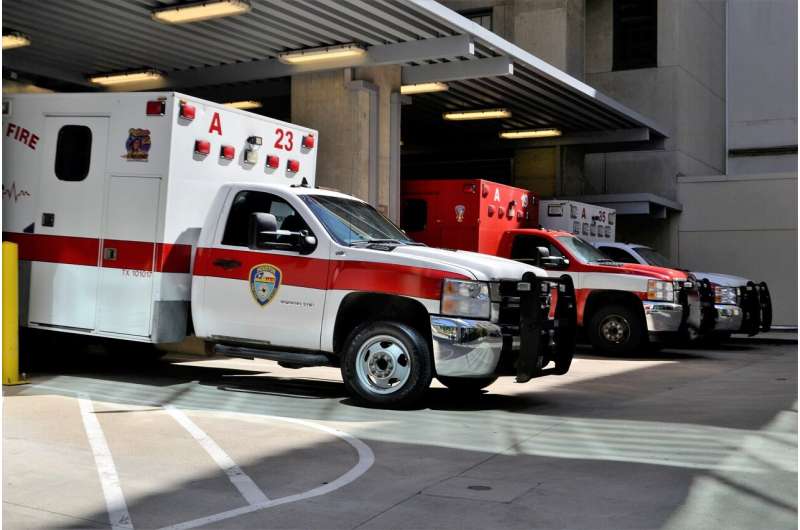Elderly and poor most likely to miss appointments: Study

A new study has found that people over the age of 85 and those of lower socioeconomic status are the most likely to miss NHS appointments, with common reasons including transport issues, forgetfulness and family commitments.
The research, published in the Journal of Health Organization and Management, found that age was found to be strongly associated with attendance behavior in adults aged over 85 and under 21, but was less clearly defined for age groups in between.
The study found that missed attendance among elderly people was strongly associated with transport issues. Non-attendance issues were found to be exacerbated by communication difficulties and inappropriate appointment times, suggesting that booking systems may be contributing to the issue.
There was also consistent evidence that a lower socioeconomic status was a predictor of missed appointments, suggesting that patients from a deprived population face challenges to health care services that others do not. Both work and family commitments were identified as a barrier to attending appointments.
However, the research also found that services in deprived areas tended to be more adaptable and effective in mitigating the effects of missed appointments, highlighting the necessity for health care facilities to tailor their services to the needs and circumstances of their patients.
In 2021/22, 6.4% of outpatient appointments were not attended, while missed GP appointments are estimated to cost the NHS more than £200million a year.
Co-author Yvette Winnard, Senior Lecturer in the School of Allied Health at Anglia Ruskin University (ARU), said, "Missed appointments are a drain on NHS resources and we also know from previous research that people who miss appointments are more likely to suffer poor health outcomes.
"While our research uncovered common reasons why patients miss appointments, there is often more to this than meets the eye. Transport issues were a strong theme throughout, particularly for the elderly.
"In addition, health conditions may cause patients to get confused or muddled, some people may have short-notice caring responsibilities, lead chaotic lives, or may not easily be able to get paid time off work. Many of these issues are more likely to affect older people or those from lower socioeconomic groups.
"We've seen some departments in deprived areas have success by offering same-day appointments or outreach services. On the other hand, while text message reminders have been shown to be effective overall, the elderly can struggle with interventions based around technology. What is key is that health care professionals understand their patients and their needs, and what puts them at risk of missing appointments."
Researchers examined 21 different peer-reviewed studies on non-attendance of appointments across U.K. NHS departments between 2015 and 2021. The study was carried out by Rebecca Wilson, of the Department of Community Mental Health at HMS Drake naval base, and Yvette Winnard of Anglia Ruskin University.
More information: Rebecca Wilson et al, Causes, impacts and possible mitigation of non-attendance of appointments within the National Health Service: a literature review, Journal of Health Organization and Management (2022). DOI: 10.1108/JHOM-11-2021-0425


















